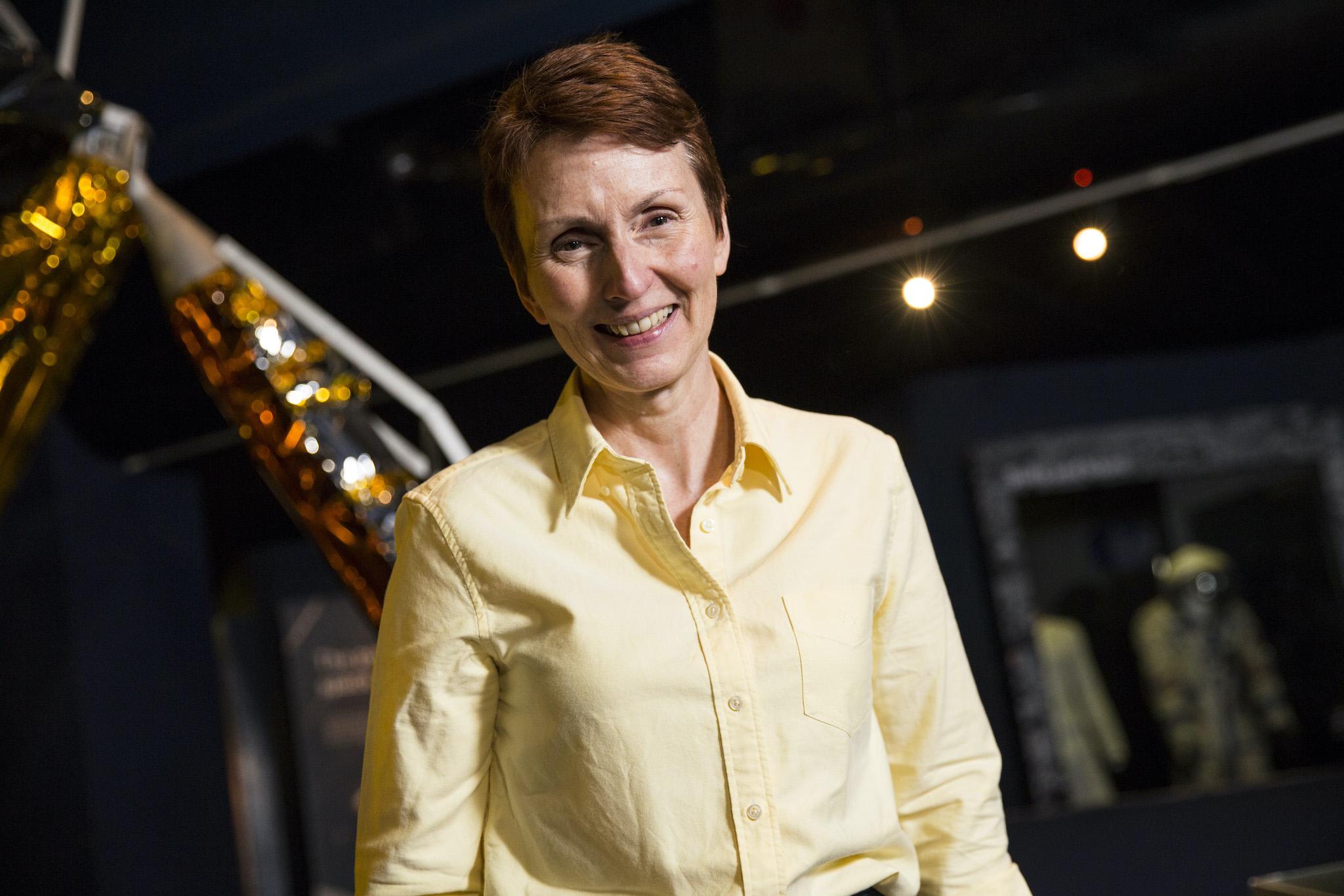Aliens exist and could be on Earth right now, says first Briton in space Helen Sharman
Extraterrestrial beings could be made out of different elements, pioneering astronaut says

Your support helps us to tell the story
From reproductive rights to climate change to Big Tech, The Independent is on the ground when the story is developing. Whether it's investigating the financials of Elon Musk's pro-Trump PAC or producing our latest documentary, 'The A Word', which shines a light on the American women fighting for reproductive rights, we know how important it is to parse out the facts from the messaging.
At such a critical moment in US history, we need reporters on the ground. Your donation allows us to keep sending journalists to speak to both sides of the story.
The Independent is trusted by Americans across the entire political spectrum. And unlike many other quality news outlets, we choose not to lock Americans out of our reporting and analysis with paywalls. We believe quality journalism should be available to everyone, paid for by those who can afford it.
Your support makes all the difference.Aliens definitely exist and they could already be here on Earth, according to the first British astronaut in space.
Helen Sharman said there was "no two ways about" extraterrestrial life but they could be made out of entirely different elements to the life that we know exists around us.
And they might be on Earth without us knowing, she said.
Speaking to the Observer Magazine, Dr Helen Sharman said: "Aliens exist, there's no two ways about it. There are so many billions of stars out there in the universe that there must be all sorts of different forms of life."
She added that although they may not be made up of carbon and nitrogen like humans, "it's possible they're here right now and we simply can't see them".
Dr Sharman, 56, made history when she participated in a mission to the Soviet modular space station Mir in May 1991.
"There’s no greater beauty than looking at the Earth from up high – and I’ll never forget the first time I saw it," she said.
"After take-off we left the atmosphere and suddenly light streamed in through the window. We were over the Pacific Ocean.
"The gloriously deep blue seas took my breath away."
In the interview, she highlighted how she is often referred to as the first British woman in space, rather than simply the first Briton.
"It's telling that we would otherwise assume it was a man," she said.
"When Tim Peake went into space, some people simply forgot about me. A man going first would be the norm, so I'm thrilled that I got to upset that order."
Additional reporting by agencies
Join our commenting forum
Join thought-provoking conversations, follow other Independent readers and see their replies
Comments